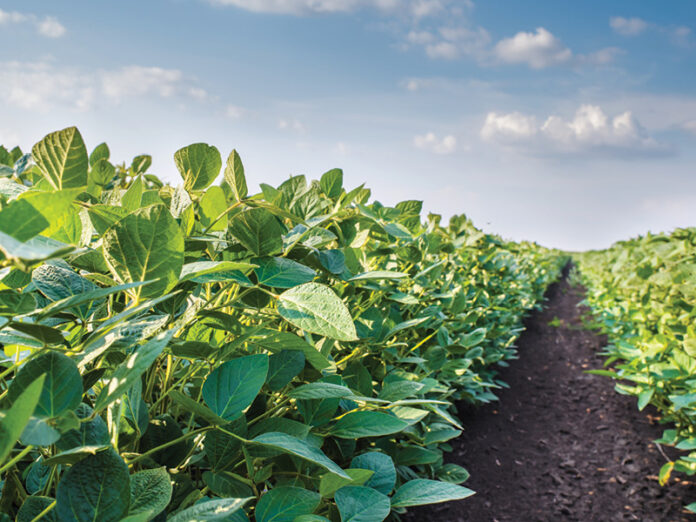
If saving the environment is on your list of things to do this week, a plant-based diet will give you a leg up on your challenge.
British and Swiss researchers have studied 40,000 food producers and their products and quantified a massive difference in the environmental impact of animal and plant agriculture.
Research published in the journal Science found high-impact beef producers create 105kg of CO2 equivalents and use 370m2 of land per 100 grams of protein. But low-impact production of beans, peas and other plant-based proteins create just 0.3kg of CO2 equivalents, including all processing, packaging and transport and use just 1m2 of land per 100 grams of protein. That’s 350 times the impact.
Aquaculture, assumed to have relatively low emissions, can emit more methane and create more greenhouse gases than cows. Even a low-impact litre of cow’s milk uses almost two times as much land and creates almost double the emissions of an average litre of soy milk.
Plant-based diets reduce food emissions by up to 73 per cent, depending where you live. Freshwater withdrawals also fall by a quarter. Perhaps most staggeringly, we would require about 3 billion hectares (76%) less farmland. “This would take pressure off the world’s tropical forests and release land back to nature” says lead author Joseph Poore of Oxford University.
“We need to find ways to slightly change the conditions so it’s better for producers and consumers to act in favour of the environment. Environmental labels and financial incentives would support more sustainable consumption, while creating a positive loop: Farmers would need to monitor their impacts, encouraging better decision making; and communicate their impacts to suppliers, encouraging better sourcing.”















